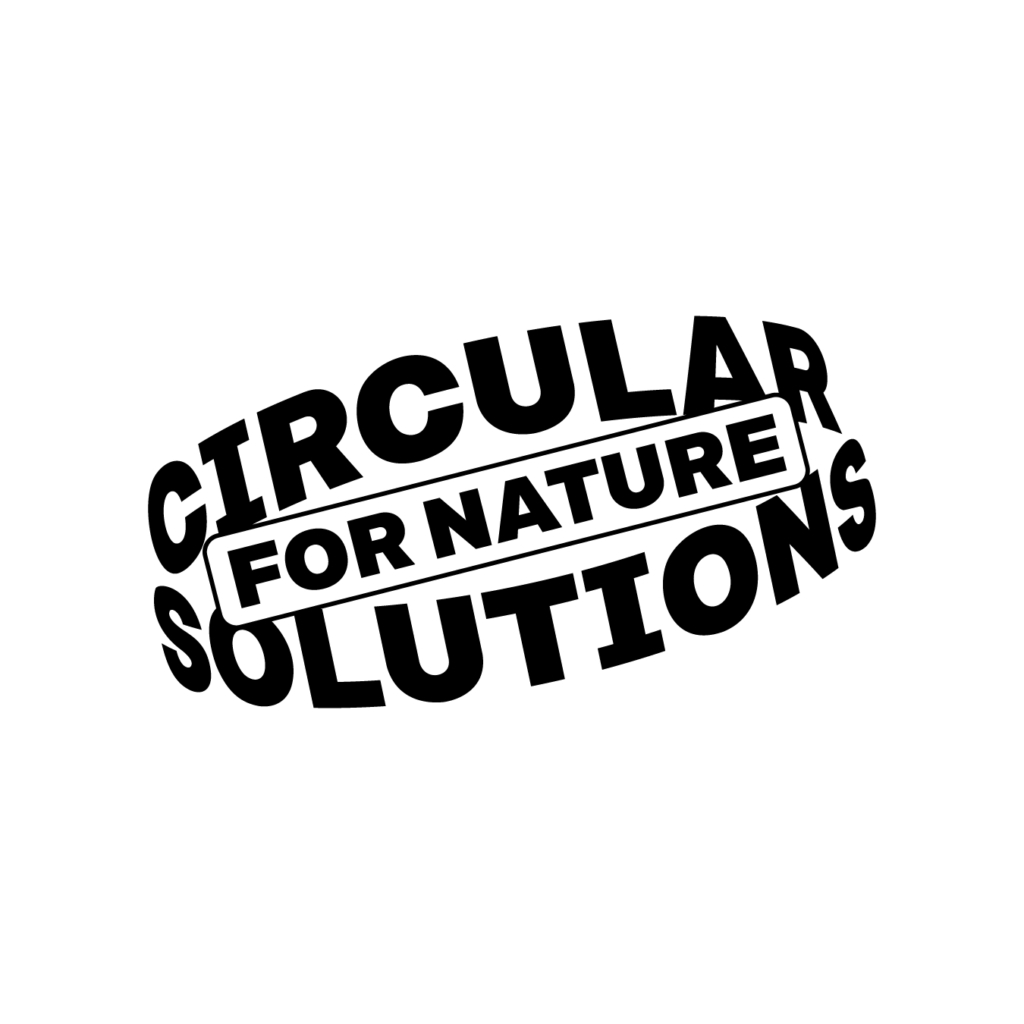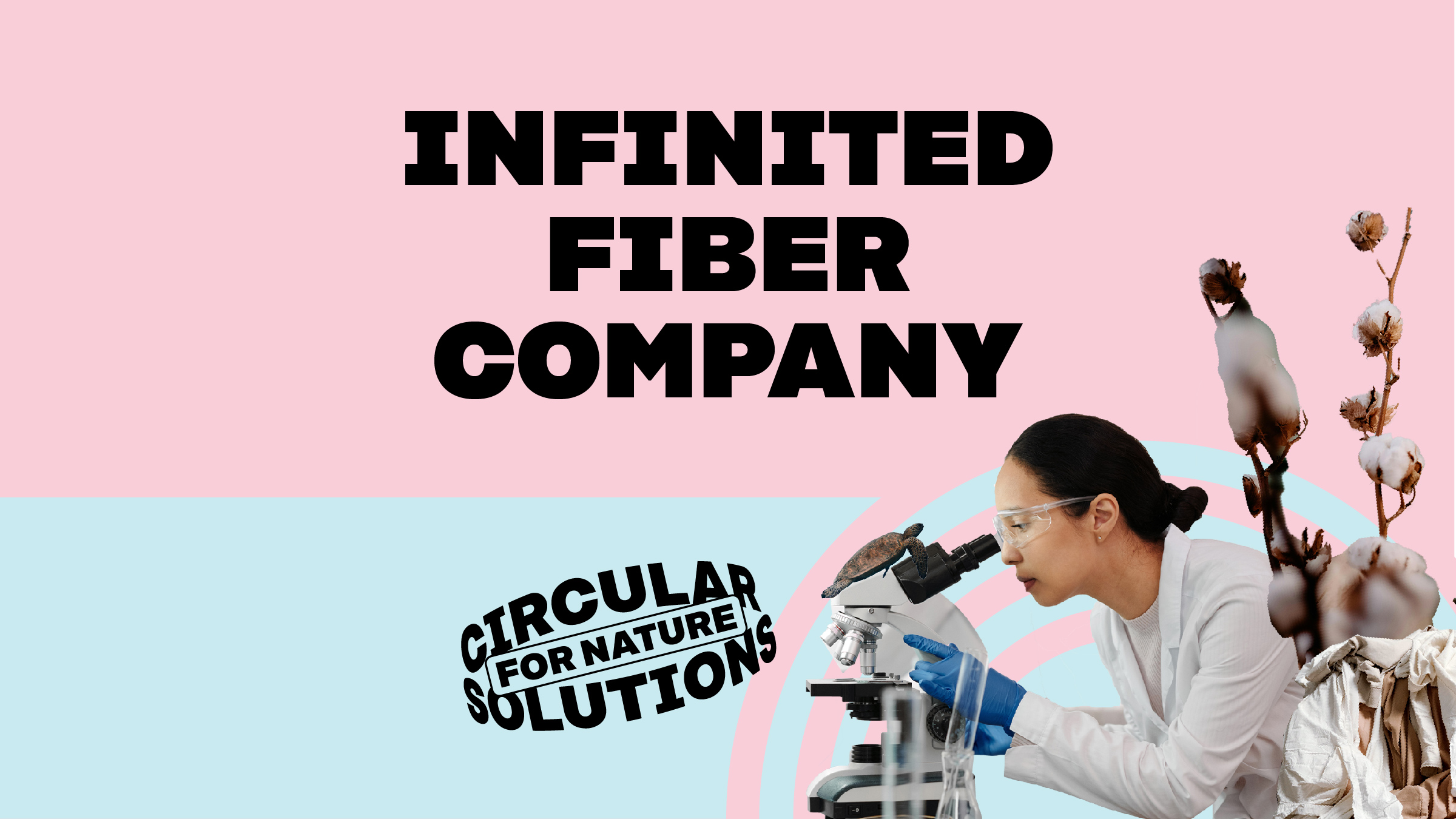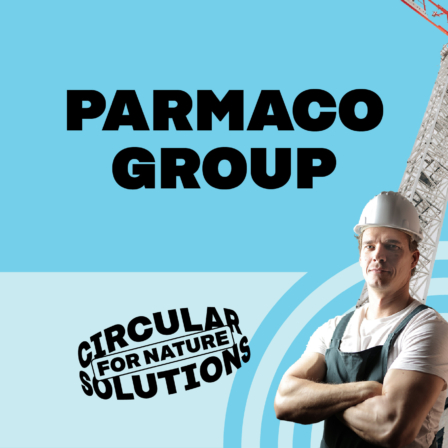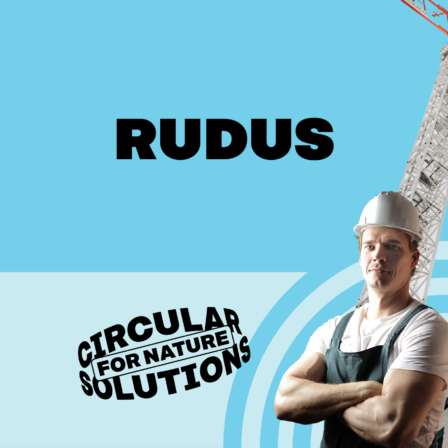Problem
Conventional fibre production is notorious for its intensive water, chemical and land use. The industry has seen many examples of mismanagement of environmental and social impacts, while demand for textiles has only continued to increase. The life cycle of most garments remains short and only a limited amount of textiles are reused or recycled through processes that rely on some virgin fibre.
Solution
The patented recycling technology transforms collected cotton-rich textiles into Infinna™ textile fibre through a carbamation process, in which it reacts with urea. Infinna™ is a high-quality, circular alternative to conventional fibres like cotton, viscose and polyester, which can reduce and even completely eliminate the need for inputs of virgin fibres. Infinna™ fibre is compatible with existing manufacturing supply chains.
“Infinited Fiber shows that innovative companies can help bigger companies in their circularity and nature efforts. By using circular textiles, companies can reduce both their climate and nature impacts.”
Riku Sinervo and Tim Forslund, Sitra
Biodiversity impacts
Infinna™ helps to decrease the need for land use associated with the production of virgin raw materials used in most clothes today, as well as heavy water use, pollution and climate impacts.
Benefits for the company
By providing a competitive, high-quality alternative that reduces the impacts on nature associated with producing virgin fibres, Infinna™ can differentiate itself in the market. The existing EU regulatory landscape is also helping to increase the capacity to grow Infinna™ production. One example is mandatory post-consumer textile waste collection, which serves to provide Infinited Fiber Company with a consistent and accessible supply.


































